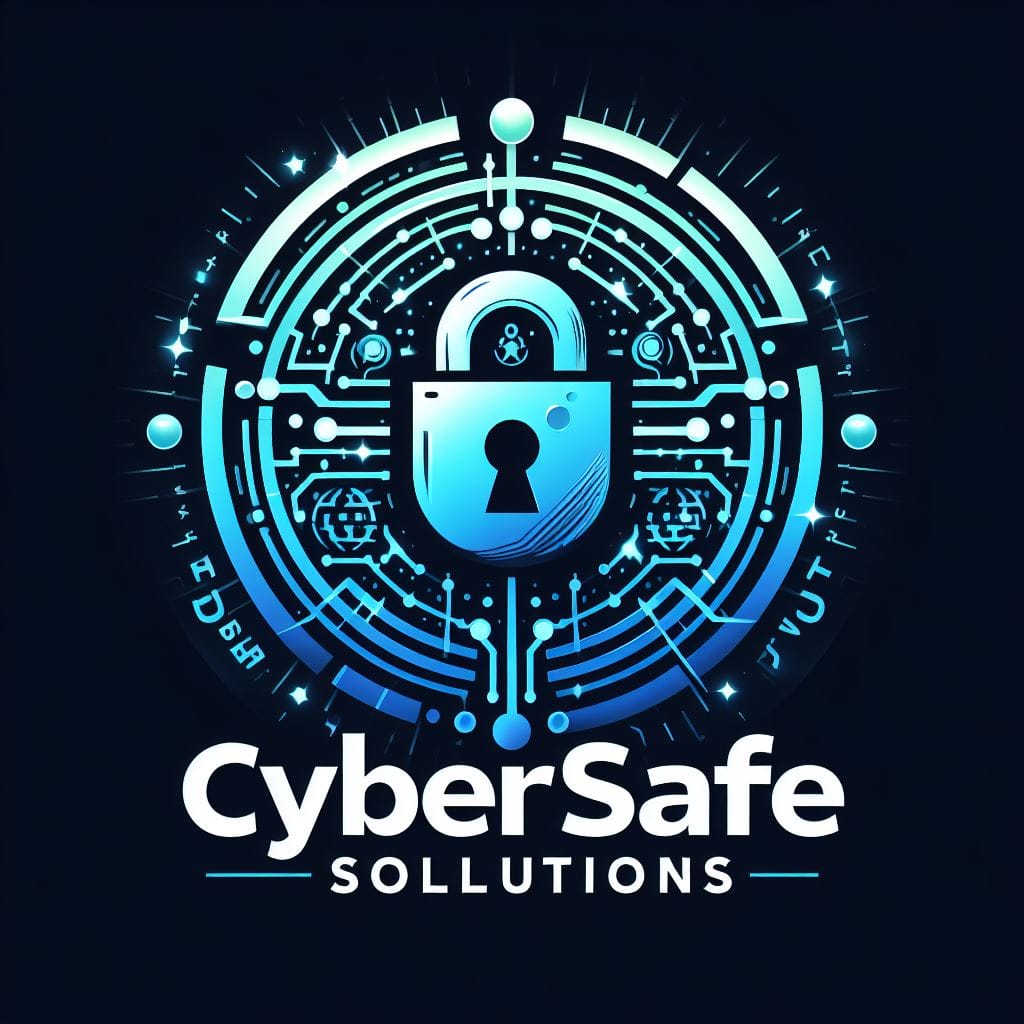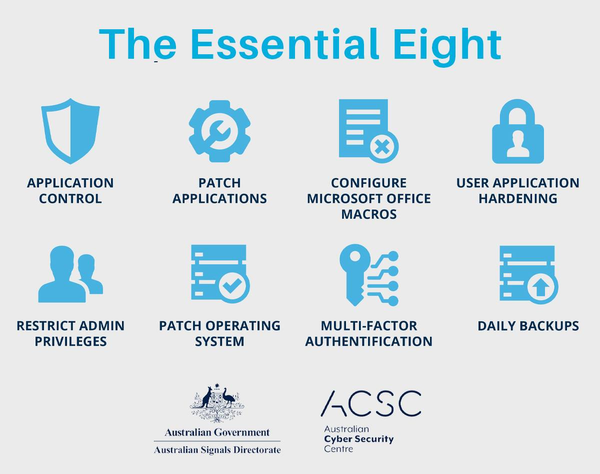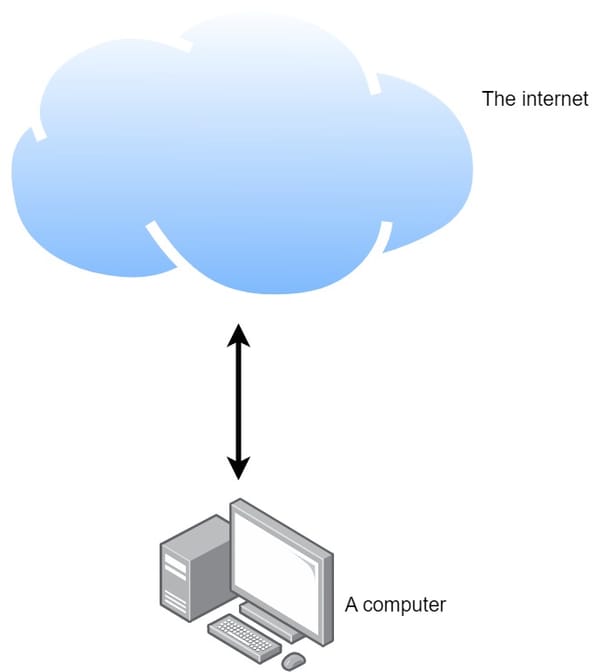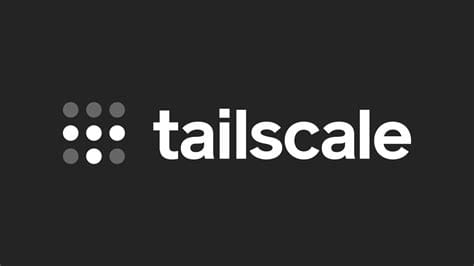Free wifi isn't your friend

Introduction:
In an era dominated by the digital age, our constant need for connectivity often leads us to seek out free Wi-Fi hotspots as a beacon of convenience. However, behind the seemingly friendly allure of free internet lies a potential minefield of security risks. This blog post aims to shed light on the dark side of free WiFi and emphasize the crucial role that Virtual Private Networks (VPNs) play in safeguarding your online activities.
The Deceptive Allure of Free Wi-Fi:
Free Wi-Fi hotspots can be found in coffee shops, airports, hotels, and even public spaces, offering users the convenience of internet access without the need for a data plan. While the prospect of free connectivity is undoubtedly enticing, it comes with inherent risks that users often overlook.
- Security Vulnerabilities:
Public Wi-Fi networks are often inadequately secured, making them susceptible to hacking and unauthorized access. Cybercriminals can exploit these vulnerabilities to intercept sensitive information transmitted over the network, such as login credentials, personal data, and financial details. - Man-in-the-Middle Attacks:
One of the common threats associated with free Wi-Fi is the "man-in-the-middle" attack, where an attacker intercepts communication between two parties. This allows them to eavesdrop on sensitive conversations, potentially leading to identity theft, data breaches, or other malicious activities. - Rogue Hotspots:
Cybercriminals can set up rogue Wi-Fi hotspots with names similar to legitimate ones, tricking users into connecting to them. Once connected, these malicious hotspots provide attackers with a gateway to infiltrate devices and compromise security.
The Role of VPNs in Enhancing Security:
To counter the risks posed by free Wi-Fi, users should turn to Virtual Private Networks (VPNs) as an indispensable tool for safeguarding their online activities. Here's why:
- Encryption:
VPNs encrypt your internet traffic, making it nearly impossible for hackers to decipher the information being transmitted. This encryption is particularly crucial when accessing sensitive data such as passwords, banking details, or personal messages over unsecured networks. - Anonymous Browsing:
VPNs mask your IP address, providing you with a layer of anonymity. This not only protects your privacy but also makes it challenging for malicious actors to trace your online activities back to you. - Bypassing Restrictions:
VPNs allow users to access geo-restricted content by masking their location. This feature is not only handy for streaming services but also prevents potential security threats by avoiding unnecessary exposure to public networks. - Secure Remote Access:
If you often connect to your workplace network remotely, VPNs ensure a secure connection, protecting sensitive corporate data from potential breaches.
Conclusion:
While the allure of free Wi-Fi might seem tempting, the potential risks associated with it make it a perilous choice for accessing the internet. Incorporating a VPN into your digital toolkit is a proactive and effective measure to safeguard your online activities. By encrypting your internet traffic and providing a layer of anonymity, VPNs empower users to enjoy the convenience of connectivity without compromising on security. In the evolving landscape of digital threats, it's essential to prioritize the protection of your personal information and embrace the role of VPNs as the guardians of your online privacy.




